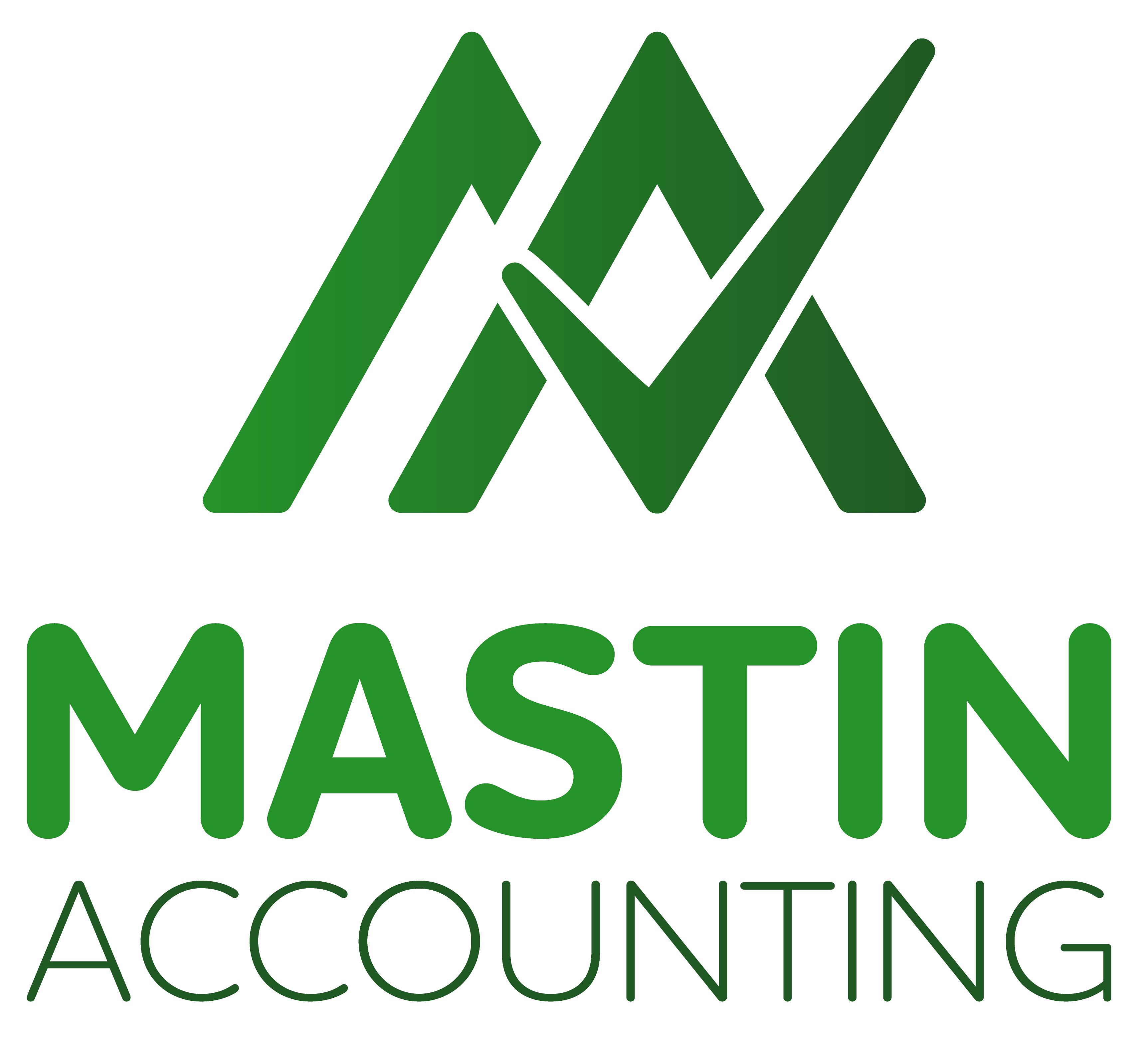Coronavirus and The Markets: What You Need to Know
Coronavirus and The Markets: What You Need to Know
With coronavirus (COVID-19) all around us, investors may be wondering how their investments will fare as this ‘global pandemic’ spreads. Is COVID-19 capable of moving markets? We know it is and came at a time when the economy was already stressing. Earlier market movements starting in February 2020 were the result of unassociated economic factors and the public’s reaction to fear. Now, while the U.S. economy is being impacted, investor’s resilience to react will be tested. The ‘markets’ hate uncertainty. How much and how long COVID-19 will affect economies is to be determined. Let’s take a look at Coronavirus and the markets.
A Costly Pandemic
COVID-19 is expected to cost more than any previous epidemic. Companies around the world are preparing for their impacts. After witnessing China’s production come to a standstill. Perhaps this period can teach us all lessons about unpreparedness.
One thing for investors to consider is about Coronavirus and the markets, markets are still trading regardless. Even though exchanges halted trading in early March to stem the decline, a technique used to force a pause and reduce the pressure of panic selling, market volatility will continue for some time. Additional steps to curb the impact, most recently by The Fed lowering rates, will help support a slowing global economy over the next weeks to months.
Keep Your Eye on These
What investors should keep their eye on during the upcoming weeks, if not months:
- Market swings- heightened volatility will create its momentum as investors are concerned and likely to sell.
- Interest rates- with The Fed’s intervention, investors are hoping for lower rates, reflecting in overall economic uncertainty.
- Bonds- will continue to move higher on concerns over slowing growth.
- Sector stocks will impact- dependent on trading to avoid portfolio loss to manage risk.
- Economic and political data- will impact markets for the next weeks and months. It is not unusual for an election year to increase trading, regardless of election outcomes. Future jobs and economic reporting due to COVID-19 may be impacted.
Halting Reactive Trades
During periods like this, we recommend investors consider halting their own reactive trades to stem their portfolio’s decline. When investors give in to emotion at the wrong time and pull assets out of the market, inevitably, they create a loss that is difficult to recover. We have been preparing for this and will make portfolio changes at opportune times, not based on fear. If you have concerns about your portfolio during this heightened period, feel free to contact our office at any time.
Additional Disclosure: These are the opinions of the author and not necessarily those of the Firm, are for informational purposes only, and should not be construed or acted upon as individualized investment advice.
SW7- 20200319
As a retirement income specialist and 38-year veteran of the financial services industry, August H. Velten understands what his clients need in order to enjoy a comfortable retirement. Augie is a former instructor for the Life Underwriter Training Council. He once occupied the legislative seat for the Maine Association of Life Insurers. At August H Velten & Associates, we know that it is your retirement, and you should have control over it. We offer our experience and knowledge to help you design a custom strategy for financial independence.Contact us today to discuss more Coronavirus and the markets and to schedule an introductory meeting!

